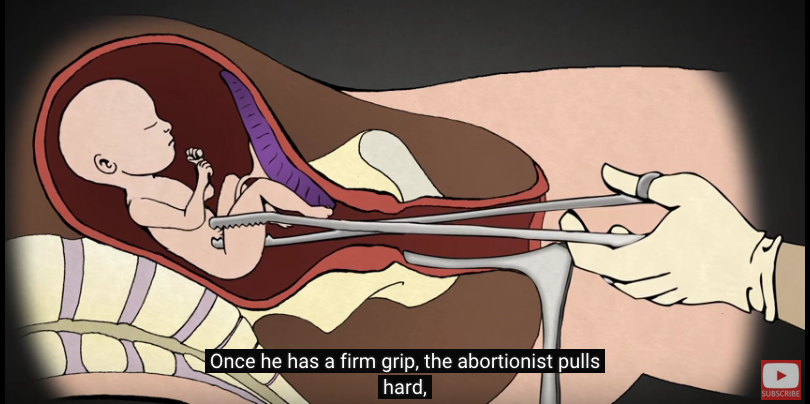A reverend and long-time member of the abortion industry in Guyana is calling for an increase to legalized abortion across South America and the Caribbean, despite the pro-life ideals of those nations.
Patricia Sheerattan-Bisnauth, a minister in the Guyana Presbyterian Church, is also the CEO of the Caribbean Family Planning Affiliation (CFPA), and former Executive Director of the Guyana Responsible Parenthood Association. That pro-abortion background was not disclosed in a recent profile for the BBC, where Sheerattan-Bisnauth spoke about the supposed need for legal induced abortion.
“Women were still dying of abortions gone wrong,” she said. “They were using home remedies, bush medicine, unlicensed doctors. The law may have been passed but it took many years for it to be implemented. For me, it was an urgent cause.”
The BBC referred to Sheerrattan-Bisnauth as merely “a minister in the Christian Church,” and an “unlikely campaigner for legal reform,” though her history of 20 years of abortion advocacy makes her pro-abortion campaigning completely to be expected. She argued that legalizing abortion is a way to protect life.
READ: Abortion advocates at DNC vow ‘no compromises’ and demand abortion without limits
“We are all talking about life, and we are for life. There are too many abortions; we want to address the issues that create them,” she argued. “Decriminalising abortion will bring it out of the darkness and lead to a reduction because people are educated and don’t have repeat ones.”
Other pro-life countries have been pushed into decriminalizing abortion, which has led to higher abortion rates — not lower. In Ireland, for example, previously known for being a pro-life country, there was a massive spike in abortions after legalization. There were 25 abortions committed in 2016, and 15 in 2017; in 2019, after abortion was legalized, 6,666 abortions were committed in the country. Between January 1, 2019, and December 31, 2022, at least 17,820 abortions were committed in Ireland.
In Northern Ireland, which is part of the United Kingdom (UK), abortion was forcibly legalized by the UK government. As in its independent counterpart, the number of abortions committed skyrocketed. Between 2021 and 2022, there were 1,755 abortions; the following year, there were 2,168 abortions, for a nearly 25% increase in just one year.
Currently, Sheerattan-Bisnauth is looking to have abortion legalized in Dominica, as well as Antigua and Barbuda. It will be debated before Antigua’s high court in September, and the Antigua and Barbuda Evangelical Alliance has strongly opposed legalizing abortion.
Though Sheerattan-Bisnaught claimed decriminalizing abortion is a way of ensuring fewer abortions are committed, one of the women interviewed by the BBC illustrated why legalized abortion would not lead to fewer abortions.
“Even though many people know someone who did it, people still get shunned. It’s a very religious community and people think it’s taking a life,” the woman, Brianna, said. She told the BBC she had previously undergone an abortion in secret because she didn’t feel ready to be a mother. “But to expect a woman to go ahead with a pregnancy when she’s not capable of taking care of a child physically, financially or emotionally is unfair on her and the child. I feel that’s worse than an abortion. Unless someone has been in that situation, they can’t understand the psychological warfare it can cause.”
The abortion industry has successfully been able to have abortion legalized in countries in Central and South America, despite the strong pro-life sentiments many of the residents there hold, and while doing nothing to address the societal issues leading women to feel abortion is their only option. And despite the rosy outlook Sheerattan-Bisnauth and the BBC try to provide, protecting a life can never happen through taking lives.







